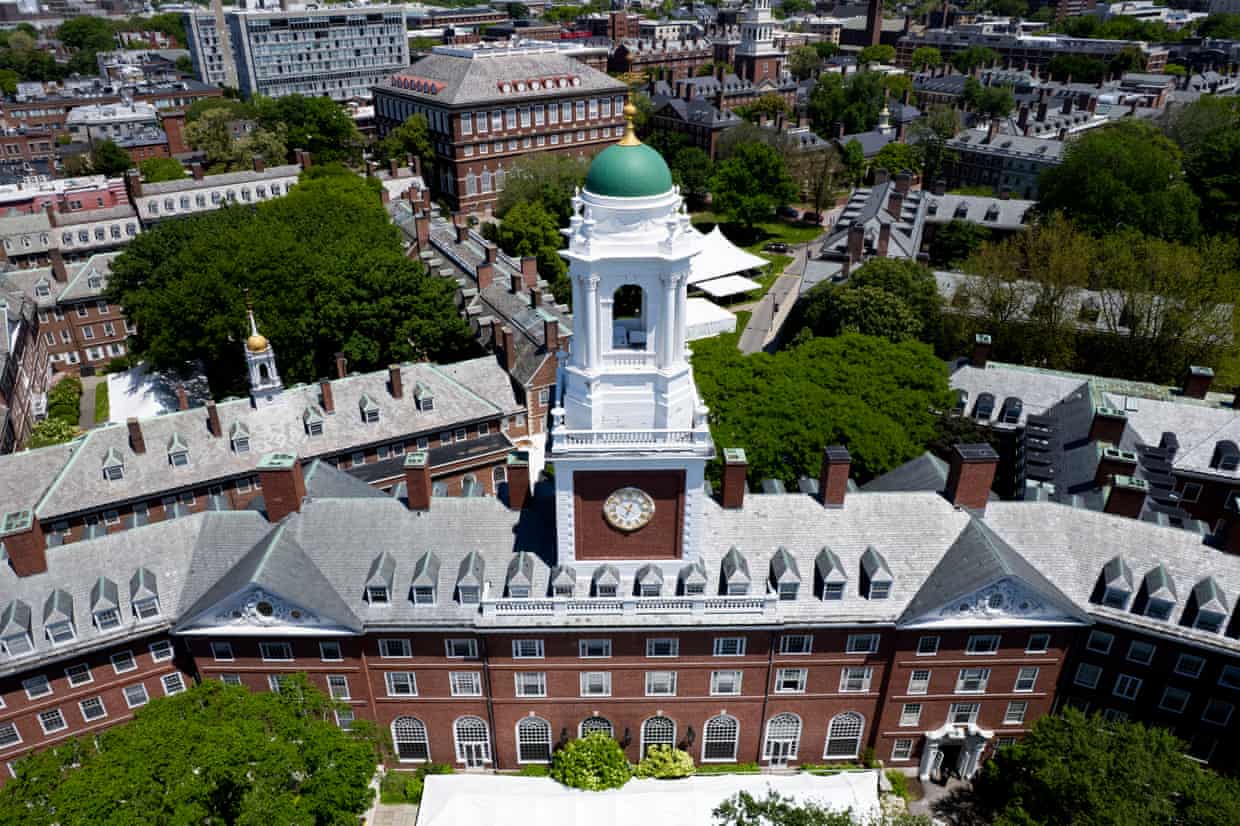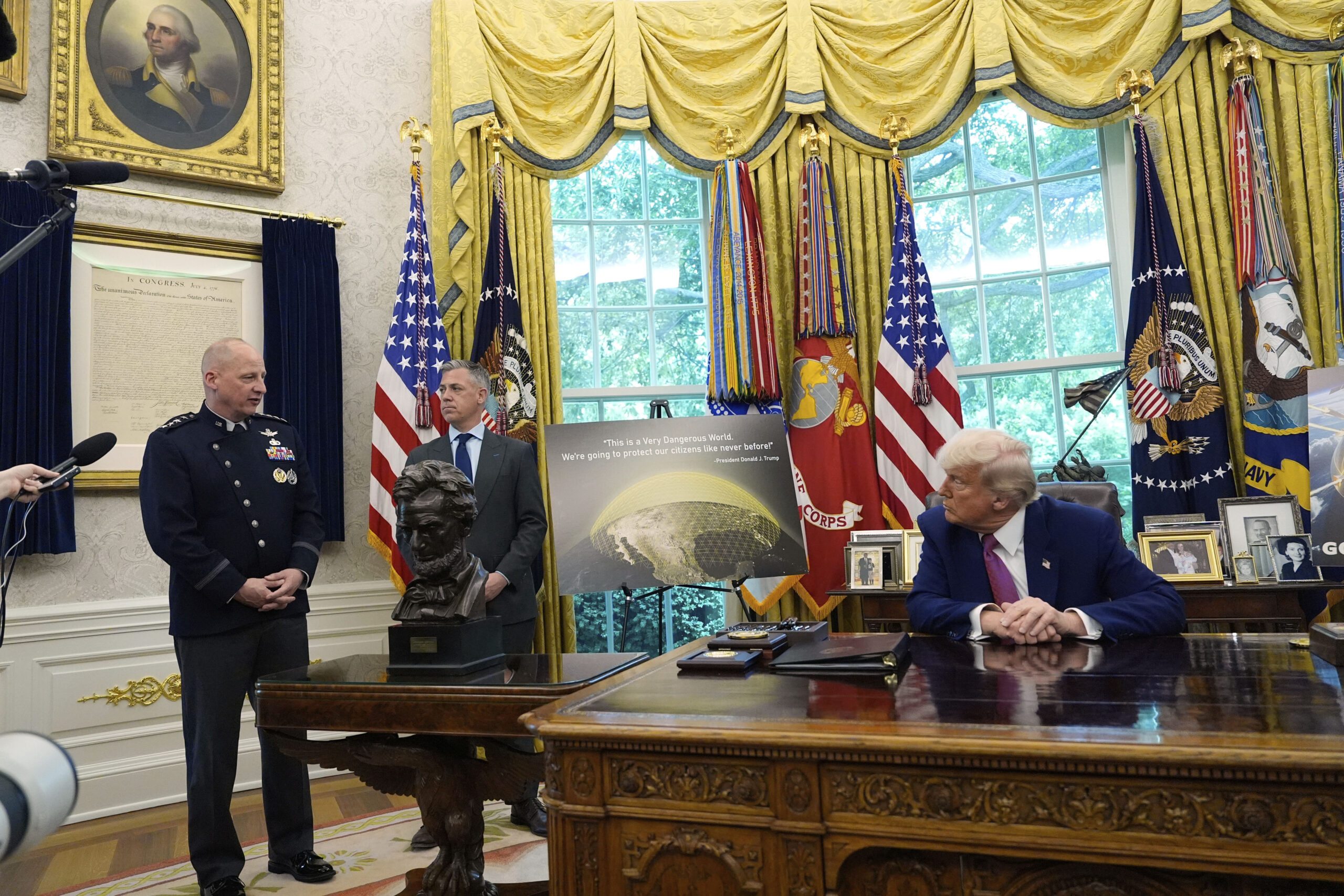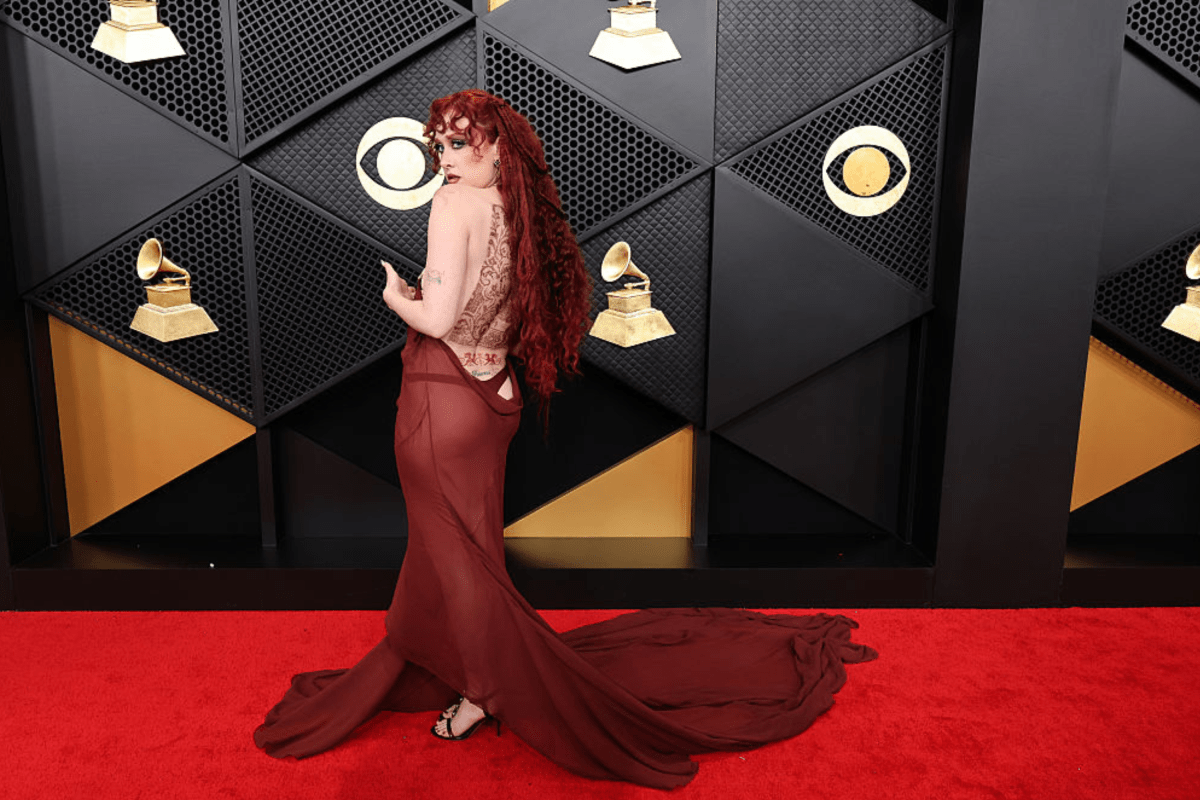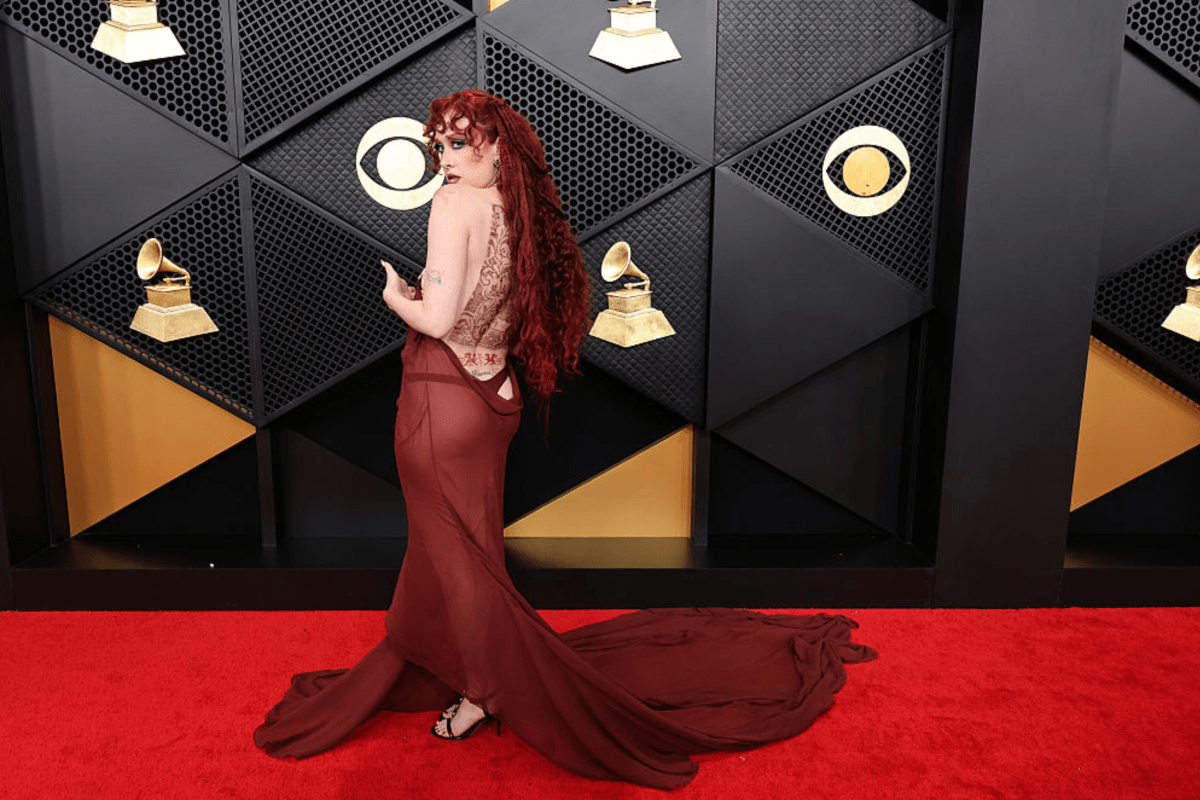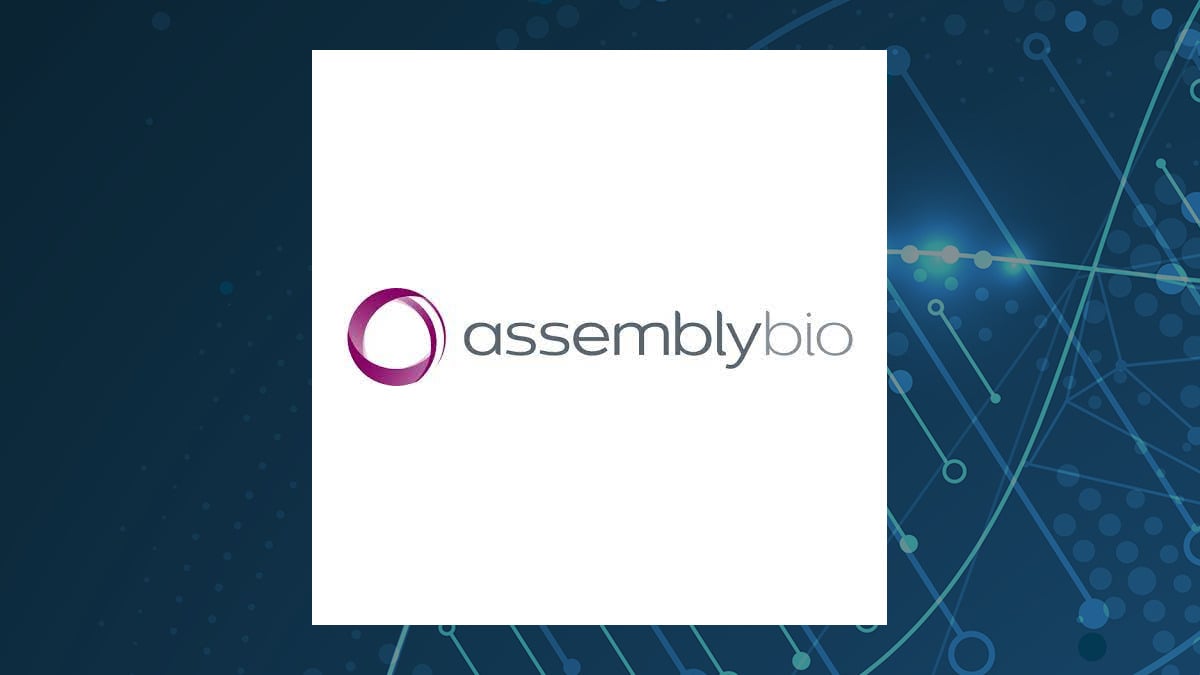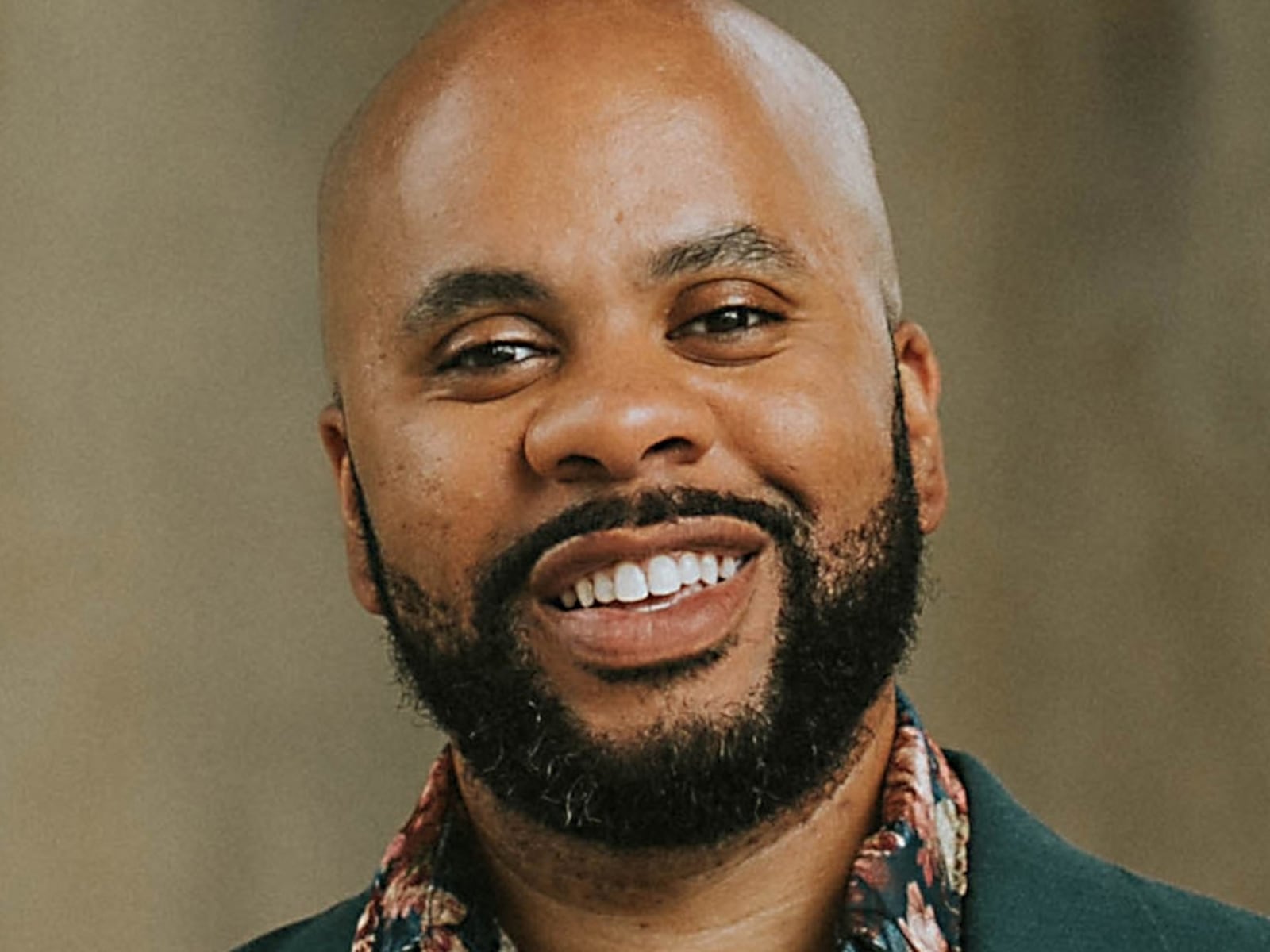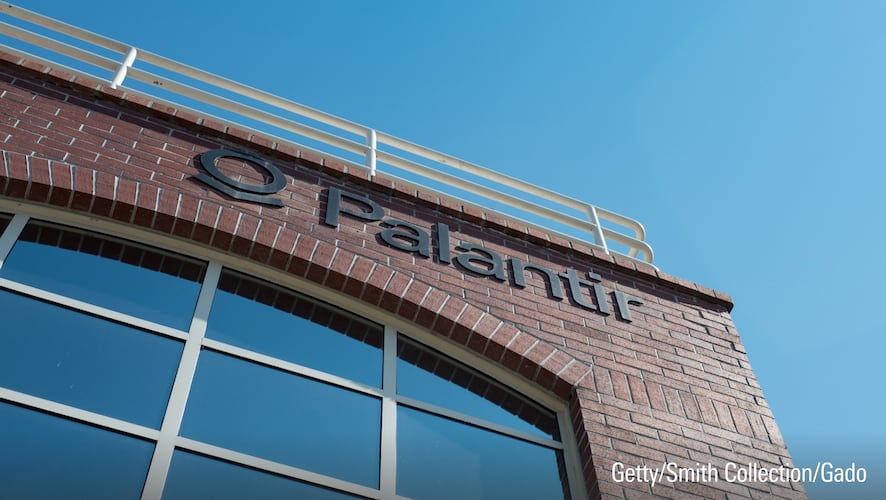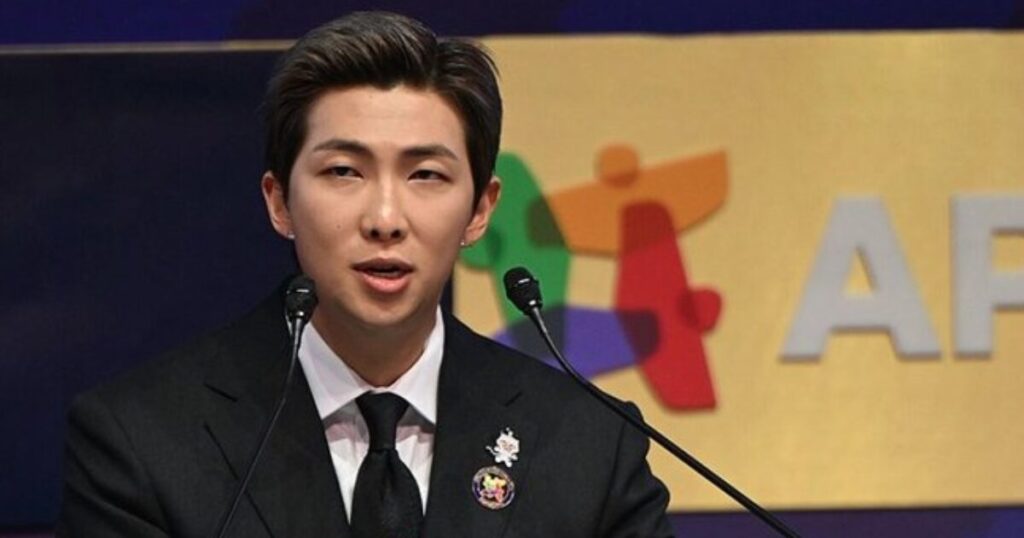
RM, the leader of the globally renowned K-pop group BTS, has come under fire for comments made during a recent speech at the APEC CEO Summit 2025. During the cultural session titled “Cultural and Creative Industries in the APEC Region and the Soft Power of K-Culture,” RM called on world leaders to support creators globally. While his intentions may have been noble, many netizens interpreted his remarks as hypocritical, given previous statements he has made regarding the success of BTS and its impact on the music industry.
The backlash intensified after RM stated, “As a creator and artist of this generation, I’d like to use this opportunity to make a request to the distinguished leaders of APEC. Please help them. Give them the financial support they need.” This plea resonated with some, but it also led to criticism from fans and critics who accused him of disregarding the contributions of other artists.
Criticism of RM’s Past Statements
Critics quickly cited previous instances where RM emphasized BTS’s role in elevating the status of Asian artists. Clips resurfaced showcasing RM discussing how BTS “paved the way” for other groups in the industry. Detractors pointed to these comments as evidence of arrogance, arguing that he has often downplayed the achievements of other artists, particularly those who came before BTS, such as Wonder Girls and Psy.
One user tweeted, “Oh now he cares about other artists? When a few years ago, he and his group refused to mention any other artists but themselves, the hypocrisy.” This sentiment echoed across social media, with many users expressing frustration at what they perceive as a lack of humility from RM and BTS.
Another critic remarked, “He’s a straight-up narcissist, always boasting about himself and discrediting smaller artists.” Comments like these reflect a growing discontent among fans who feel that RM’s recent appeal for support rings hollow given his past words and actions.
Concerns Over Industry Exploitation
In addition to personal attacks on RM’s character, some commentators expressed broader concerns about the K-pop industry’s approach to social issues. Critics argue that companies like HYBE, BTS’s management agency, exploit social themes for marketing purposes without truly addressing the needs of artists across the spectrum. One critic stated, “You disrespect other groups by claiming your group ‘paved the way,’ which is a lie. Your company exploits social issues, mental health, and parasocial relationships to market your group.”
Many fans are questioning whether RM’s call for support is genuine or merely a strategic move to enhance BTS’s public image. As the backlash continues to unfold, it remains to be seen how this will affect RM’s reputation and BTS’s standing in the industry.
As discussions around this incident grow, it illustrates the complexities of celebrity culture in the digital age. With social media providing a platform for instantaneous reactions, the line between support and criticism can blur quickly, leading to significant public discourse.
Overall, RM’s speech at the APEC CEO Summit has ignited a conversation about accountability and the responsibilities of artists within the cultural landscape. The response from fans and critics alike highlights the heightened scrutiny that public figures face in today’s interconnected world.
